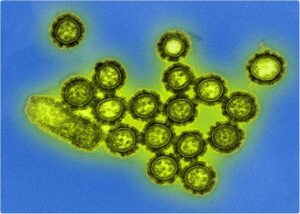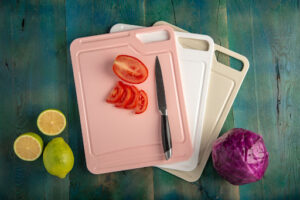Eat This, Skip That: Fruits That Boost Kidney Health—and the Surprising Ones to Avoid
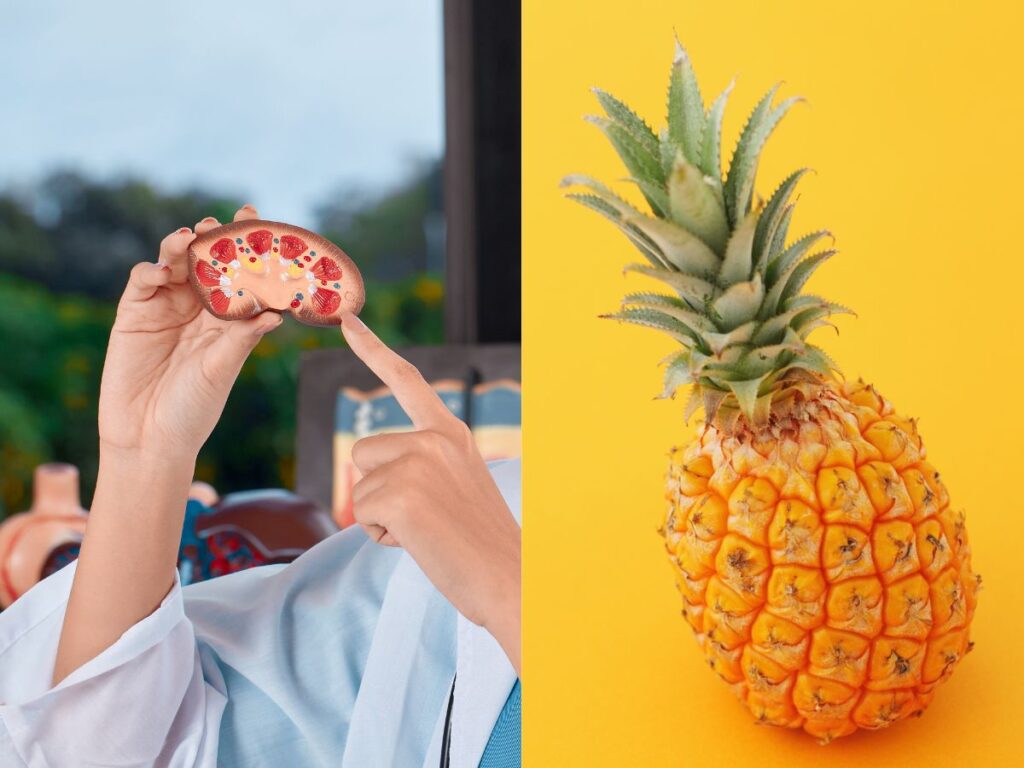
Eat This, Skip That: Fruits That Boost Kidney Health—and the Surprising Ones to Avoid
When it comes to chronic kidney disease (CKD), food choices can play a big role in protecting your health. Doctors and dietitians often remind patients that eating fresh, colorful fruits and vegetables is not just about adding variety to the plate, it can help slow down kidney damage. The secret lies in antioxidants, powerful compounds that fight harmful molecules called free radicals.
How Colors Reveal Antioxidants
Dietitians often use the color of fruits and vegetables to identify the type of antioxidants they carry.
Each color represents a different group of disease-fighting compounds:
- Red/Purple: Anthocyanins, polyphenols, and resveratrol
- Red: Lycopene
- Orange: Beta-carotene
- Orange/Yellow: Cryptoxanthin and flavonoids
- Yellow/Green: Lutein and zeaxanthin
- Green: Indoles, sulforaphanes, and lutein
- White/Green: Allyl sulfides and quercetin
These natural chemicals help protect cells from damage and can support kidney health when eaten in moderation as part of a kidney-friendly diet.
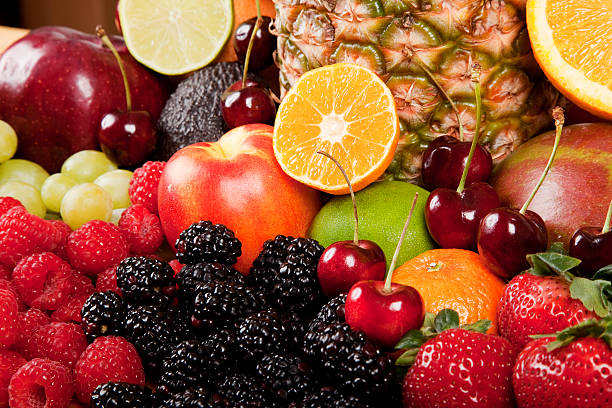
Fruits That Support Kidney Health
Strawberries
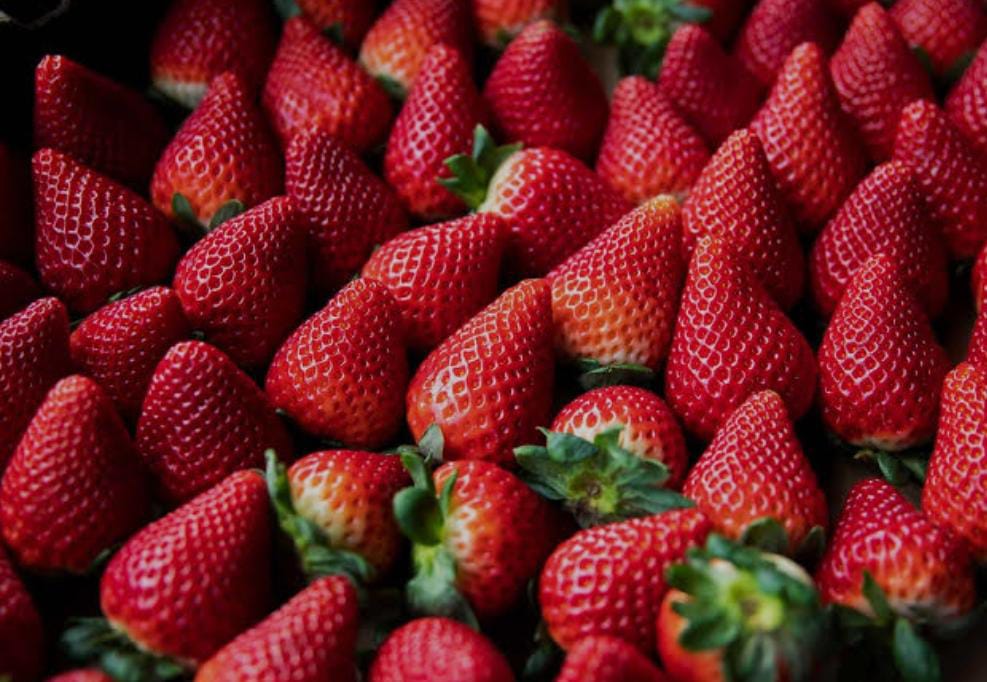
These berries are packed with two types of phenols, anthocyanins and ellagitannins, that have been shown to improve kidney function. Rich in vitamin C, manganese, and fiber, strawberries also offer anti-inflammatory and anticancer properties.
Cranberries

Known for their anti-inflammatory and antibacterial benefits, cranberries are particularly helpful for people prone to urinary tract infections (UTIs), which can put stress on the kidneys.
Blueberries
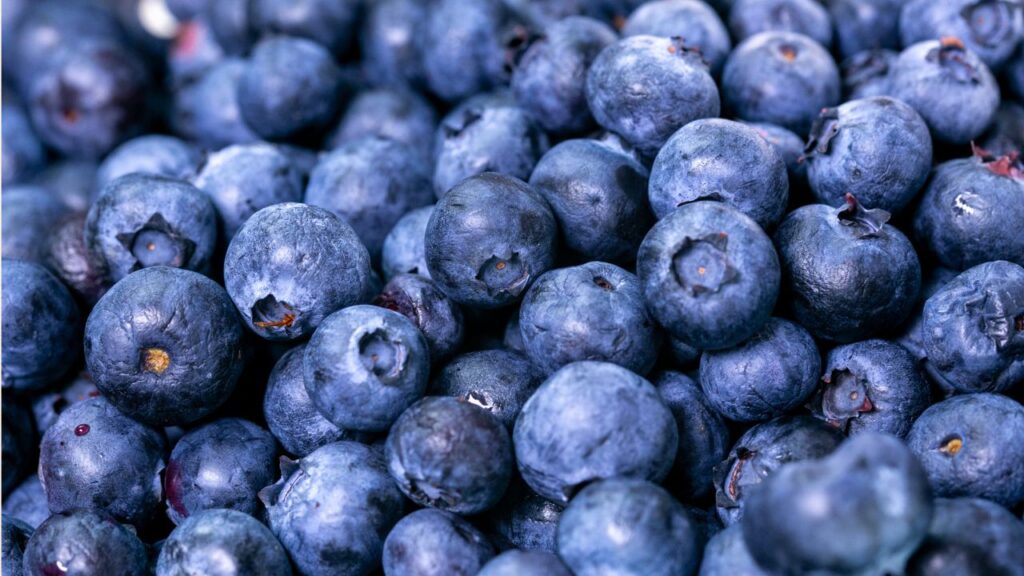
A single cup of blueberries provides only 114 mg of potassium and 18 mg of phosphorus, making them a kidney-friendly choice. They are high in antioxidants and anthocyanidins, compounds that reduce inflammation and promote kidney health. Blueberries are also a good source of vitamin C and manganese, which support bone and skin health.
Raspberrie

These berries contain ellagic acid, a phytonutrient that neutralizes free radicals and prevents cell damage. Flavonoids in raspberries can also improve kidney function and slow the growth of cancer cells. They provide manganese, vitamins B and C, fiber, and folate.
Apples
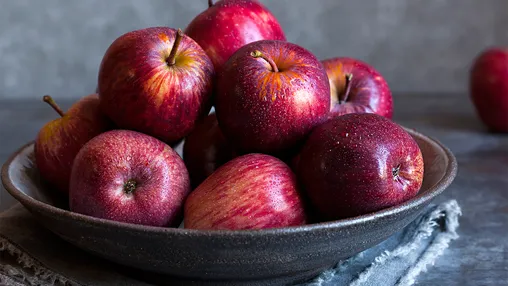
With about 195 mg of potassium and 20 mg of phosphorus per medium apple, this fruit may help lower cholesterol and blood sugar while easing constipation. Apples’ anti-inflammatory properties and high fiber content make them an excellent kidney-friendly snack.
Grapes
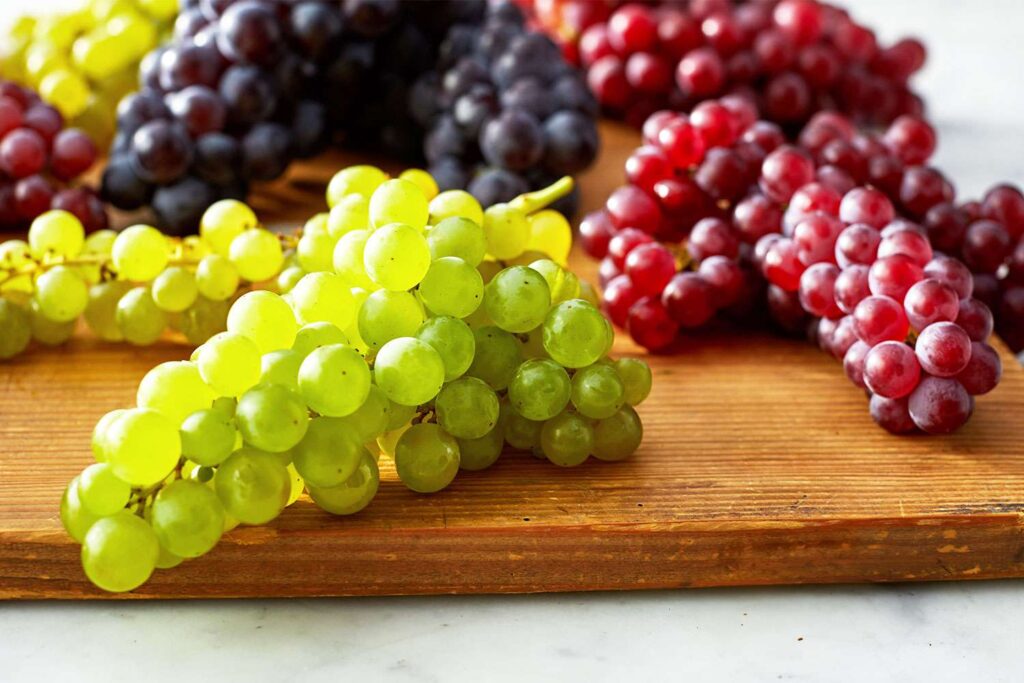
One cup of grapes contains 288 mg of potassium and 30 mg of phosphorus. Grapes are rich in vitamins C and K, both important for kidney health, and also provide fiber and small amounts of copper, manganese, and magnesium.
Pineapples
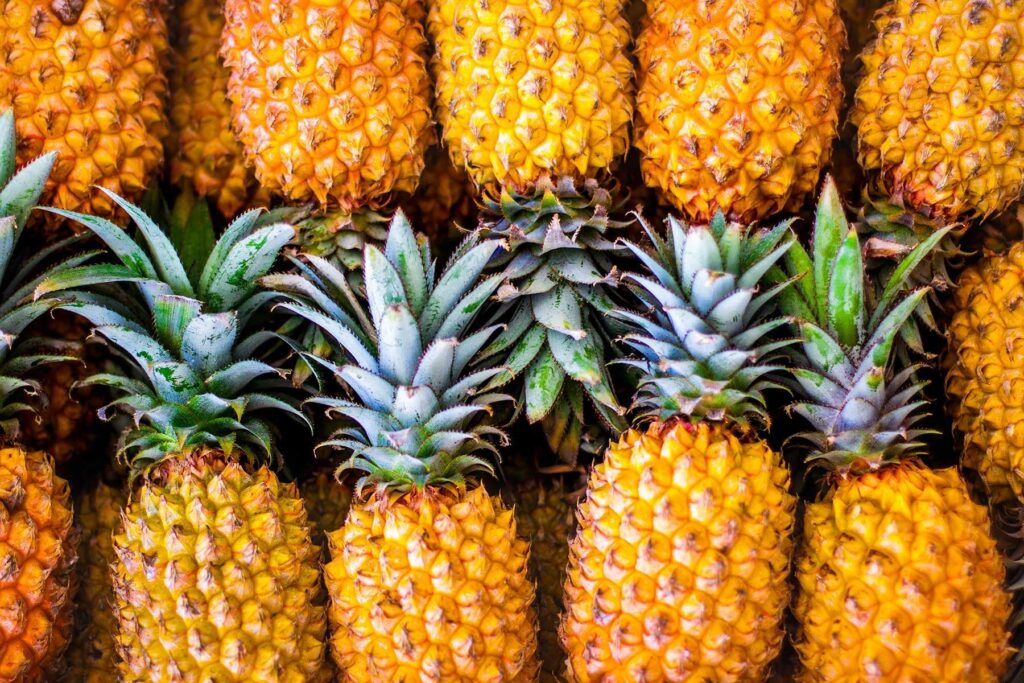
A low-potassium fruit, pineapple helps control blood pressure, an important factor for those with kidney disease. It contains bromelain, an enzyme that may help dissolve kidney stones, and offers a boost of vitamin C to strengthen immunity.
Fruits to Avoid if You Have Kidney Problems
Not all fruits are safe for people with CKD, especially those that are high in potassium or oxalates.
Bananas
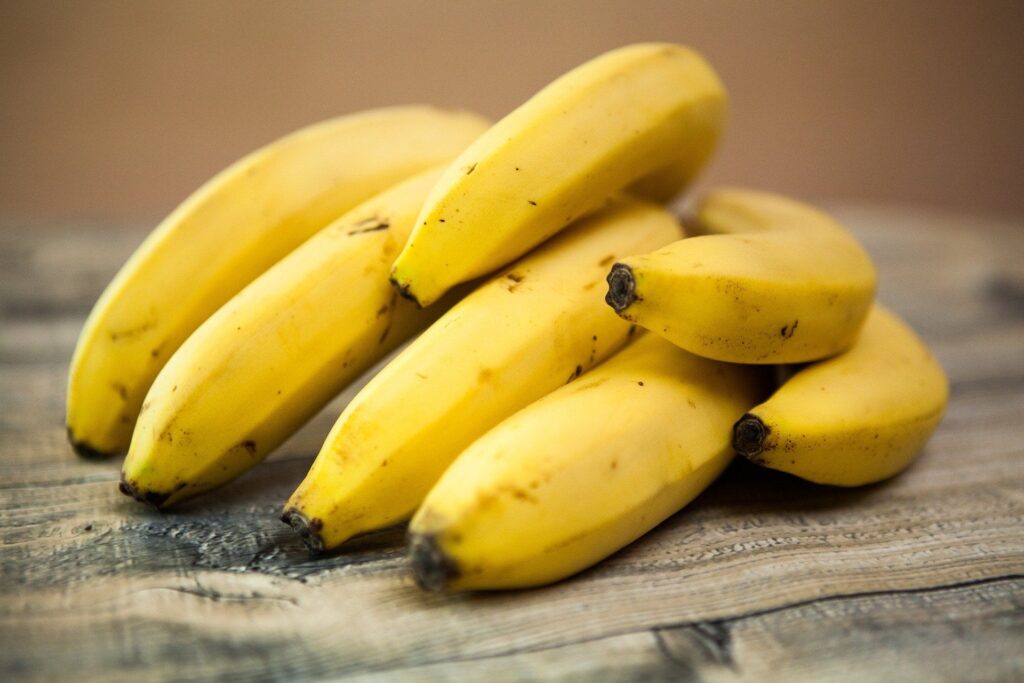
A medium banana contains about 422 mg of potassium. For those with kidney disease who need to keep their daily potassium intake under 2,000–2,500 mg, regular banana consumption can be risky.
Oranges
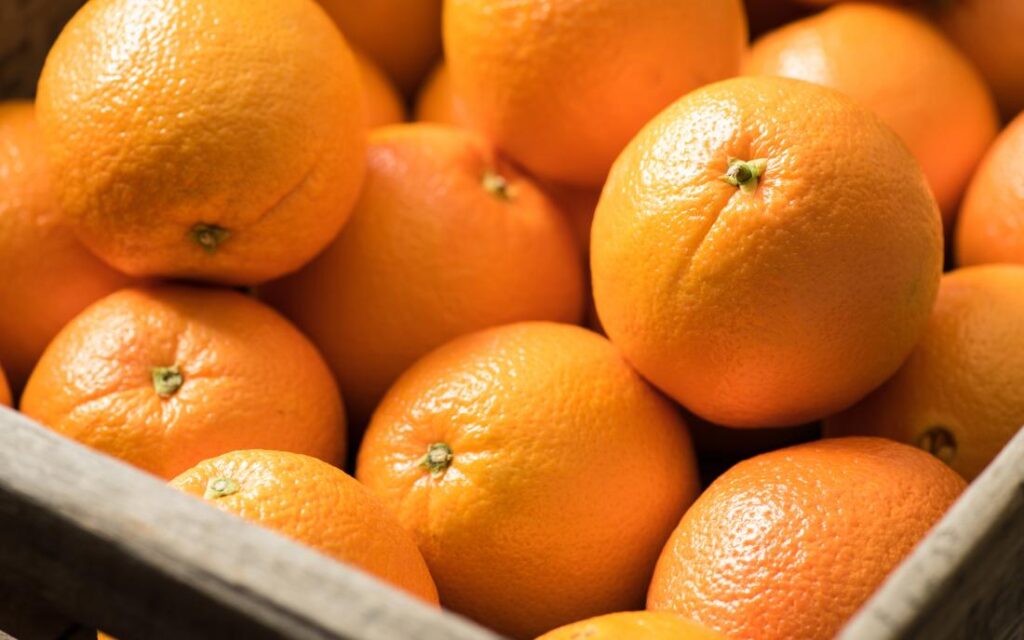
While oranges and orange juice are rich in vitamin C and antioxidants, their high potassium content makes them unsuitable for a renal diet. Doctors suggest replacing them with grapes, apples, or cranberries.
Dried Fruits
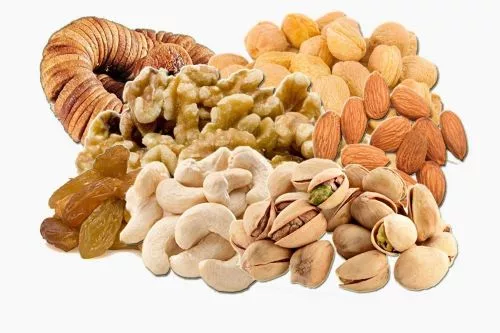
Dried apricots, raisins, and other dried fruits are loaded with sugar and potassium. Just half a cup of dried apricots contains around 755 mg of potassium. They also contain fast-digesting sugars, which is a concern for people with diabetes.
Avocados
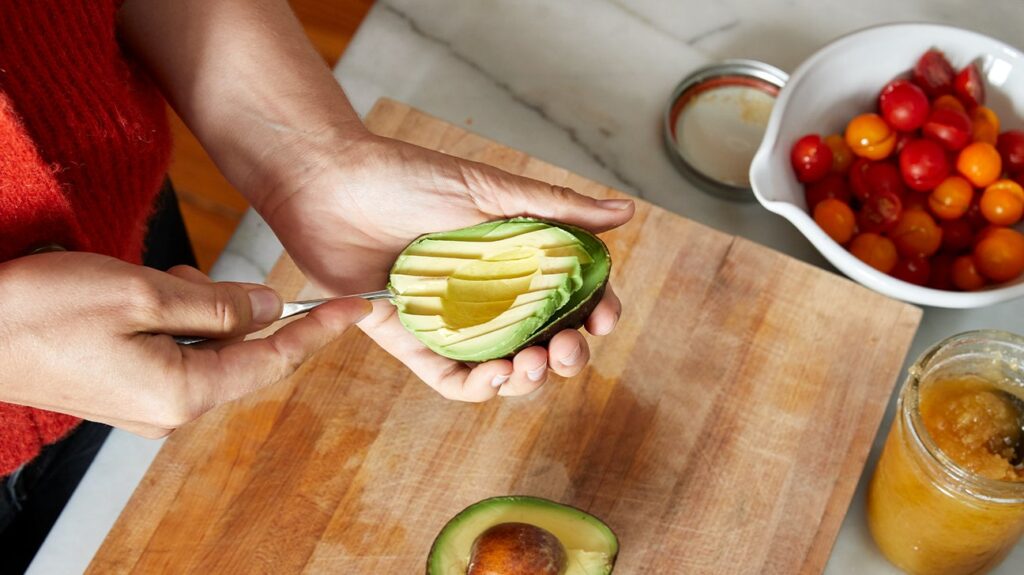
One whole avocado (about 200 grams) packs a huge 975 mg of potassium—nearly half the daily limit for people with kidney problems.
Kiwi
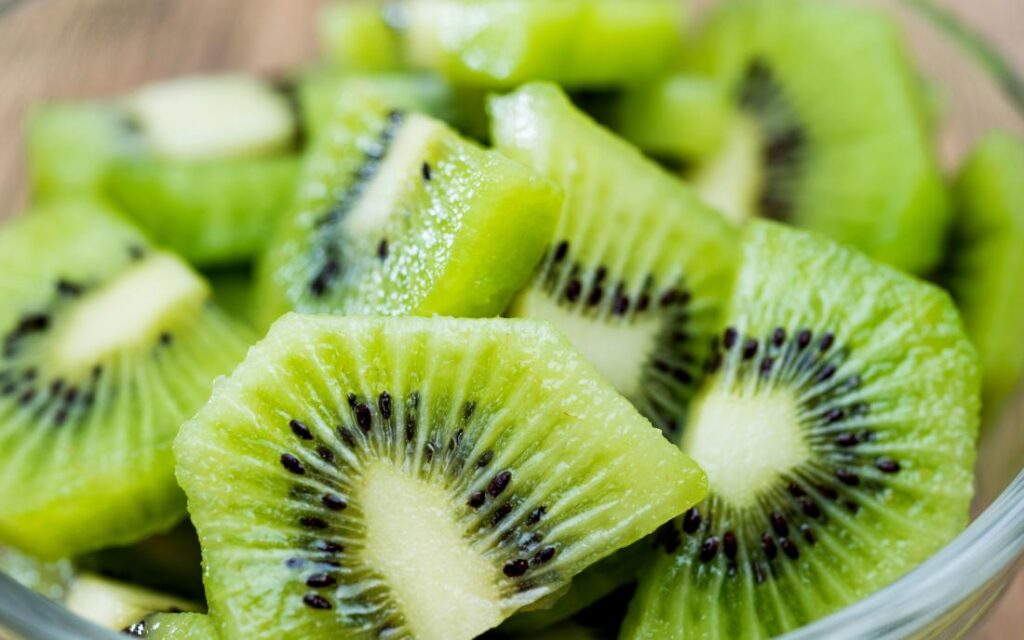
Kiwifruit is high in oxalates, which can worsen kidney stones, and also contains a lot of potassium, making it unsafe for those with CKD.
Disclaimer: This article is based on information from reputable health resources available online and is intended for general awareness. It is not a substitute for professional medical advice, diagnosis, or treatment. Always consult your doctor or a qualified healthcare provider before making any changes to your diet or treatment plan.





